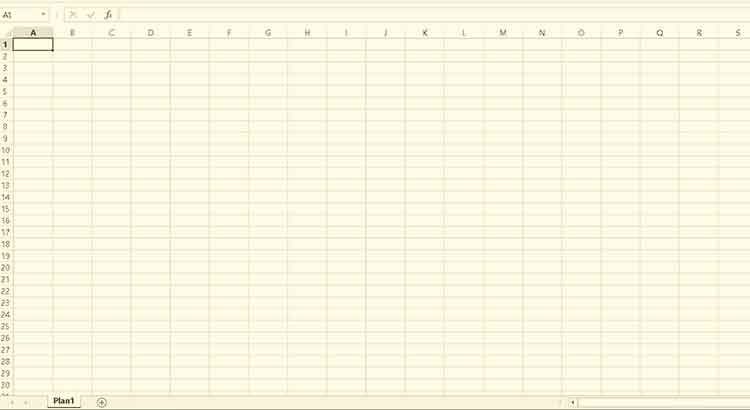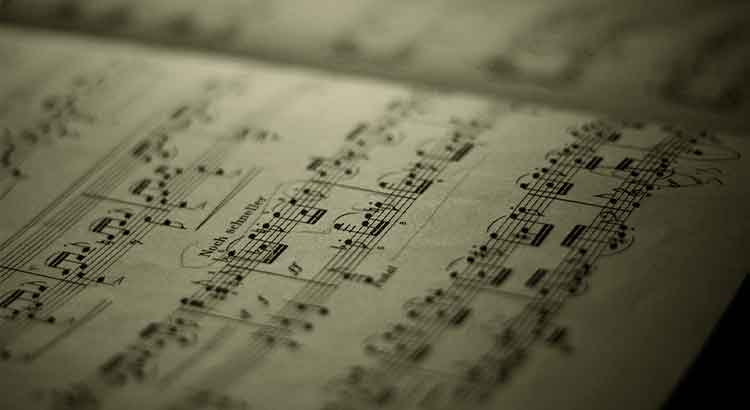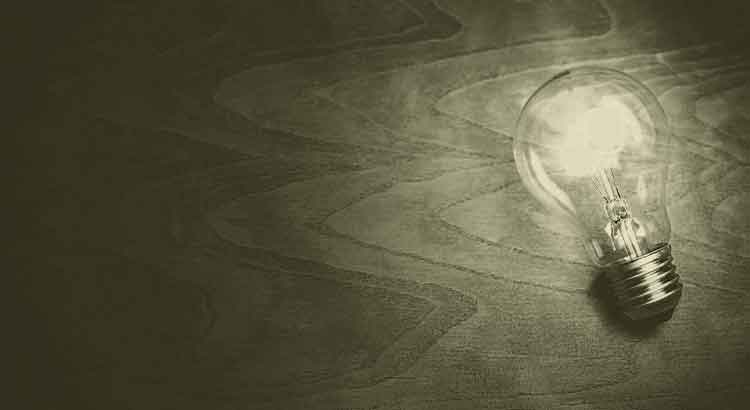It amazes me that the world has existed for so long without control spreadsheets. Sometimes I refuse to believe it, but backwards from the 1980s — at least — people lived without spreadsheets. My brain locks up: how? Impossible! And I convince myself that by deleting my spreadsheets, my home would immediately catch fire. There is no routine task that does not require a spreadsheet: from shopping at the supermarket to accompanying readings. Controlling the weight, the level of body fat is very important. The movies watched, the monthly cash flow, the portfolio of assets, the hours in language study, the special alcoholic beverages consumed over the years, the planning of daily physical exercises… all these are mandatory spreadsheets, essential to life. There are others, several others. And I am amazed at this: how to write a book without a spreadsheet? If I was to prepare a guide detailing the writing process, the first and obligatory step would be: create a companion spreadsheet, list the planning of the chapters, define their average length, and only then think about what to write. I would even say that, in many cases, the spreadsheet is previous to the idea or, still, the idea is only possible with the spreadsheet. Strange world…
____________
Read more:



